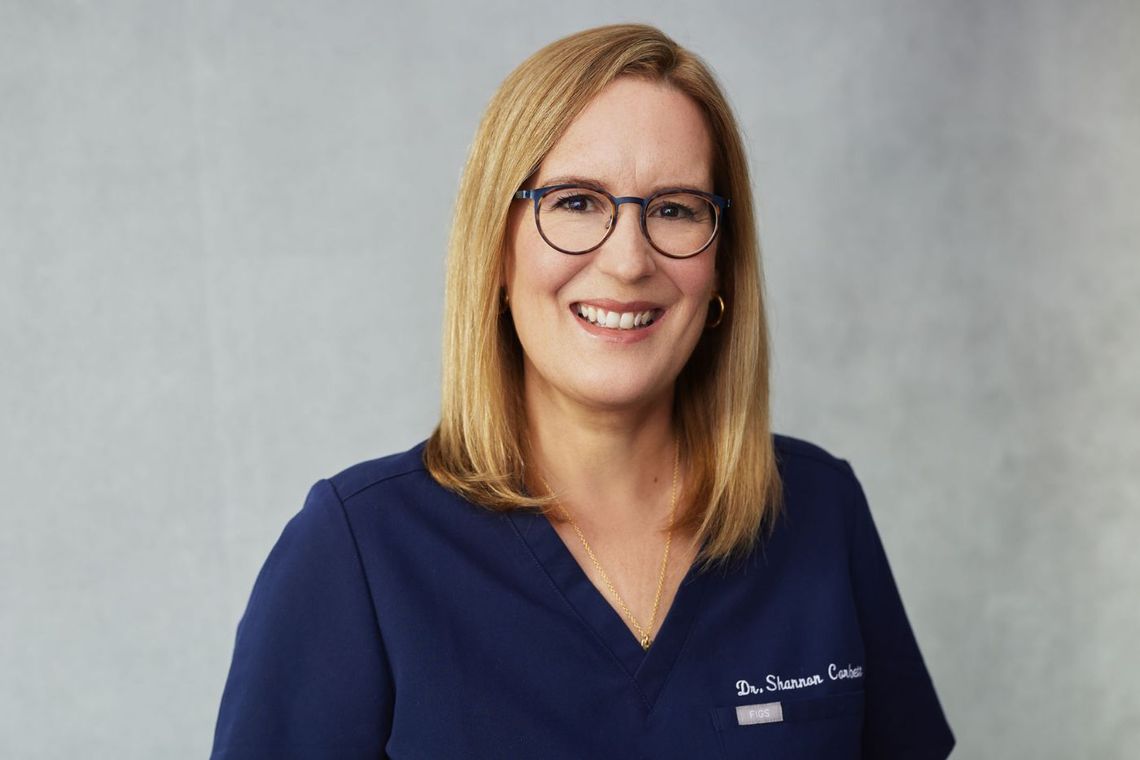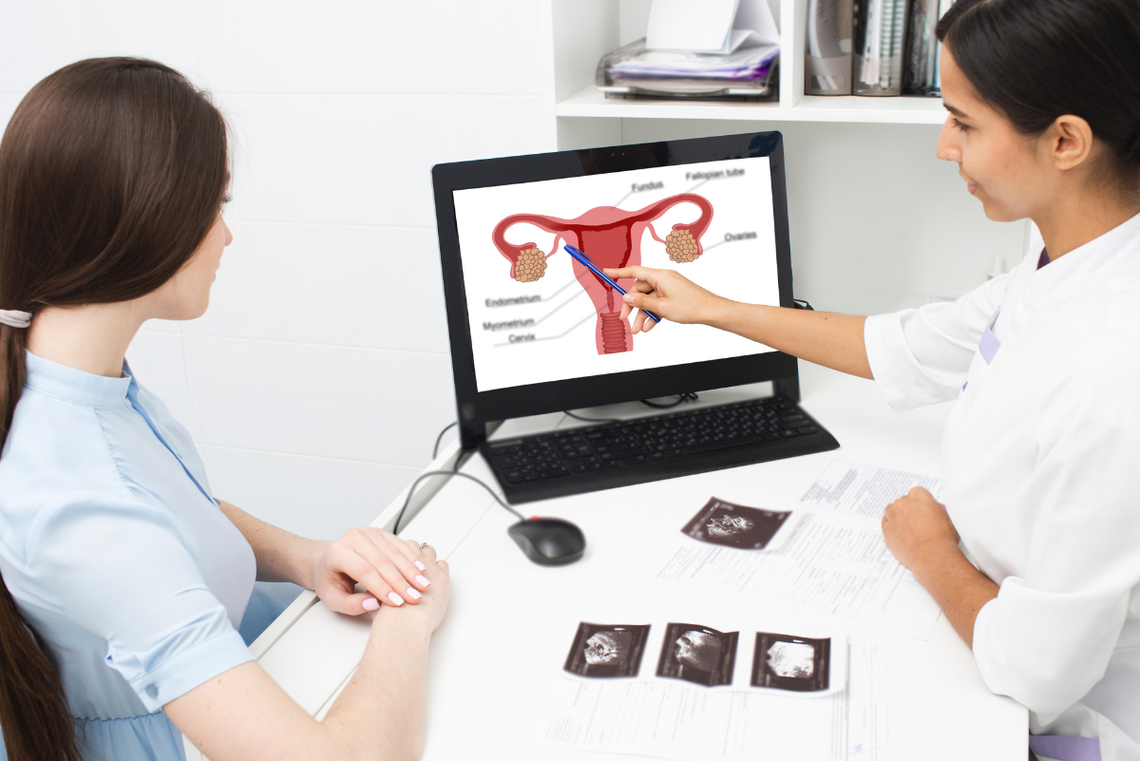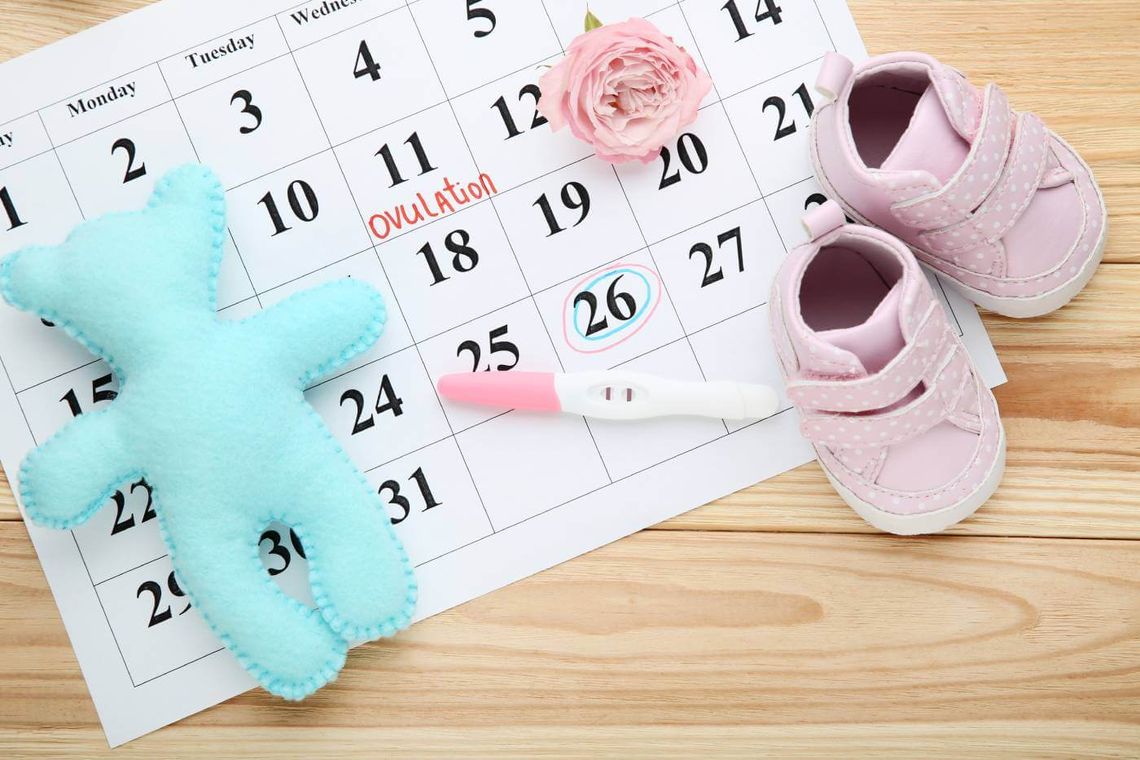News & Insights
Top topics:

Remembering Dr. Shannon Corbett
Read article
Questions To Ask During Your First Fertility Doctor Appointment
Read article
Preparing for a Healthy Pregnancy
Nurturing your overall wellness increases your chances of successful treatment as well as the long-term health of your child. Small changes made before and during treatment...
Read article
Diet And Men’s Fertility: How Is It Linked?
The importance of diet in sperm production cannot be understated. Not only does a healthy diet provide the necessary nutrients for sperm production...
Read article
Ontario Fertility Program: Updates and Support for Families
The Ontario government announced on October 24, 2024, a significant new investment in the Ontario Fertility Program—expanding the allocation of IVF cycles ...
Read article
Pregnancy is Possible with Endometriosis
By Dr. Yasmine I. Usmani
Living with endometriosis comes with many challenges. Symptoms can be far-ranging and painful – and treatment can be complex. Beyond this, fertility can be a concern.
Read article
Remembering Dr. Shannon Corbett
By Patient Communications
Dr. Corbett was known for her kindness, compassion, and utmost commitment to her patients. She was an unwavering beacon of hope, expertise, and support ...
Read article
Enhancing Fertility: The Importance of Familiarizing Yourself with Your Body
By Patient Communications
Are you hoping to become a mother or are currently trying to conceive without success? At RCC clinics, we know that fertility concerns can be a source of stress ...
Read articleExternal Resources
Please note that we are not responsible for the content created by our partners or external organizations. If you have any questions about the content, let us know and we will find the answers you are looking for.
Better understand costs
We believe that starting a family should be a dream that everyone can achieve. That’s why we’ve built this section to help you find information about insurance coverage, tax credits and financial support that you may be eligible for as part of your fertility journey.
Consultation
Ready to Take the Next Step?
